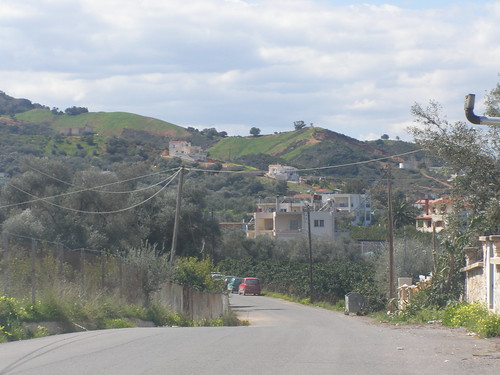
This area (Varipetro) is known for its pasture lands that are suitable for grazing animals, which is why it is possibly greener than other areas.
The old minaret adjacent to St Nikolaos church is a perfect reminder of the way the East met the West in the town I made my home, Chania, Crete, Greece. The photographs I post all help to tell a part of a longer story that focuses on the town and its citizens, whether they are living there now, or have made their home in other parts of the world. As a newer resident, by writing about the town in this way, I am trying to put some order into the chaos that I seem to be confronted with.

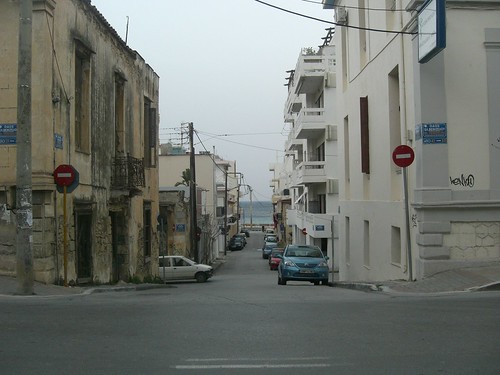
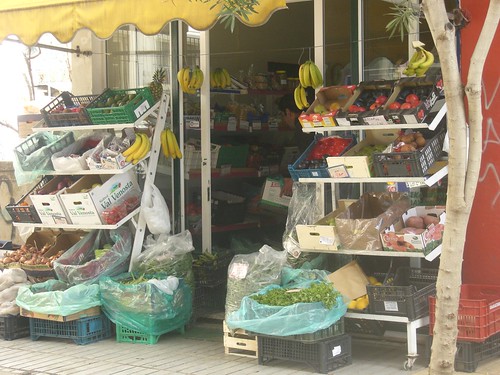

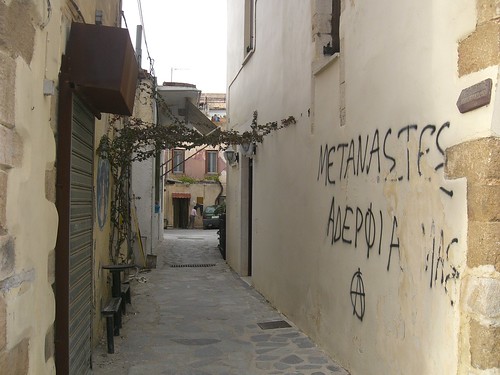
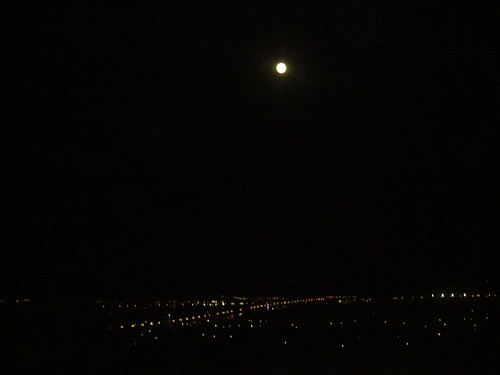
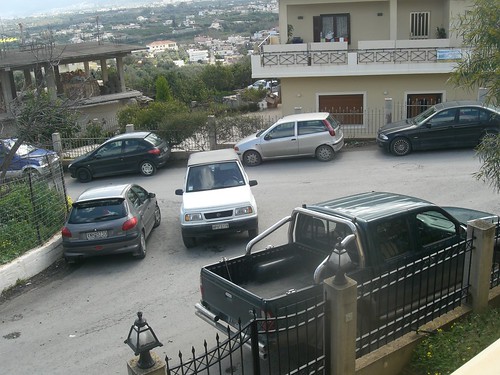
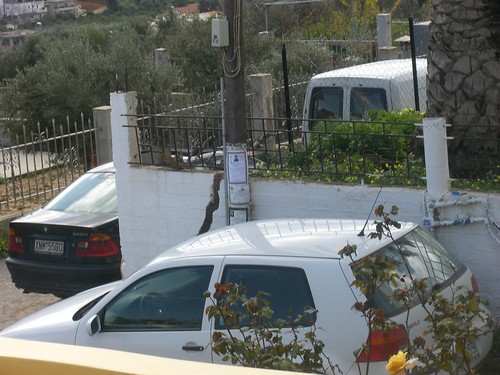
 Now that you know me a little better, you won't be too disappointed when I tell you that I have decided to take a break from blogging, after nearly 650 posts (320 on Organically Cooked, and 325 on One Day in Hania). From time to time, I'll be doing surprise updates on the blog, just to keep you on your toes. I'm tired, and I want to work on something different. I also want to do more reading (and writing; the blogs won't stop!) Feel free to keep in touch: mverivaki at hotmail com. To all my Greek readers, have a good Sarakosti.
Now that you know me a little better, you won't be too disappointed when I tell you that I have decided to take a break from blogging, after nearly 650 posts (320 on Organically Cooked, and 325 on One Day in Hania). From time to time, I'll be doing surprise updates on the blog, just to keep you on your toes. I'm tired, and I want to work on something different. I also want to do more reading (and writing; the blogs won't stop!) Feel free to keep in touch: mverivaki at hotmail com. To all my Greek readers, have a good Sarakosti.